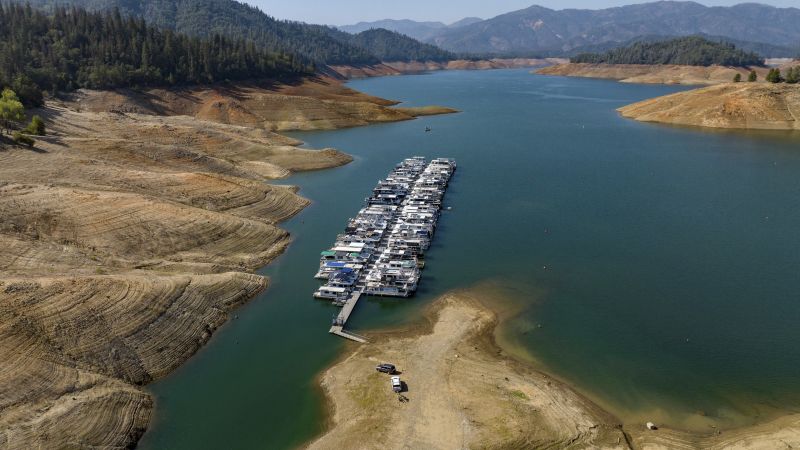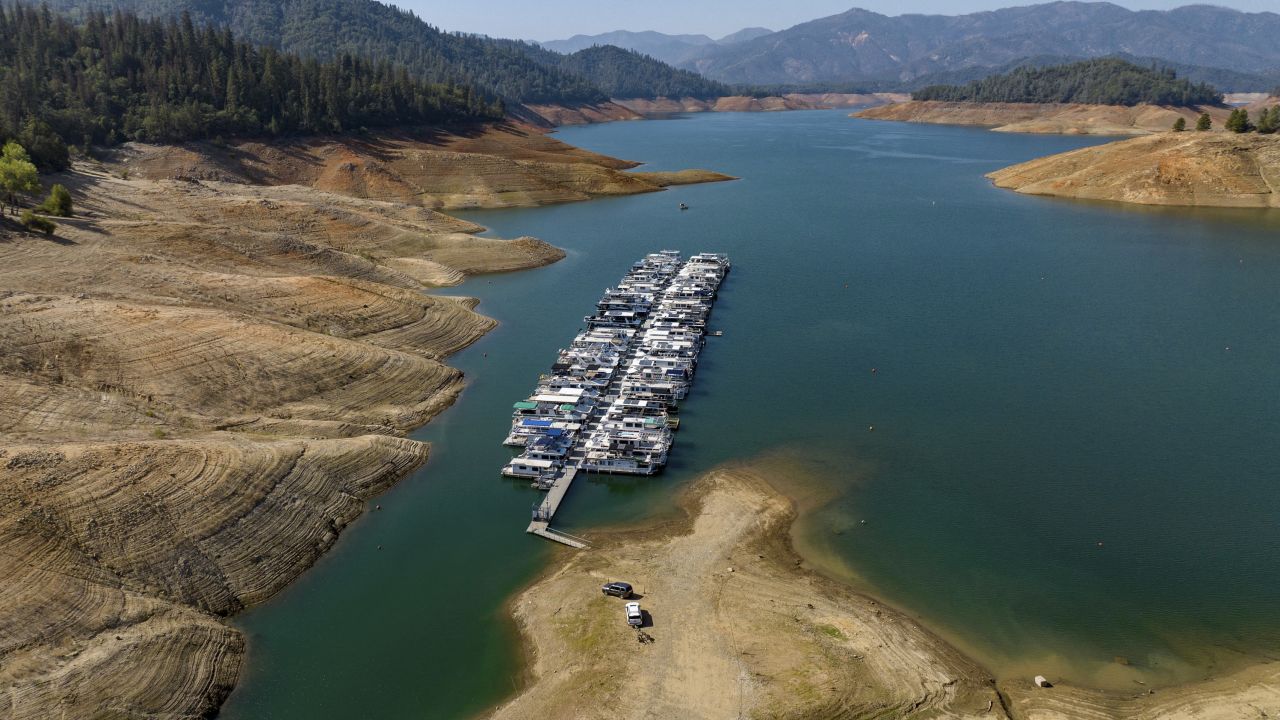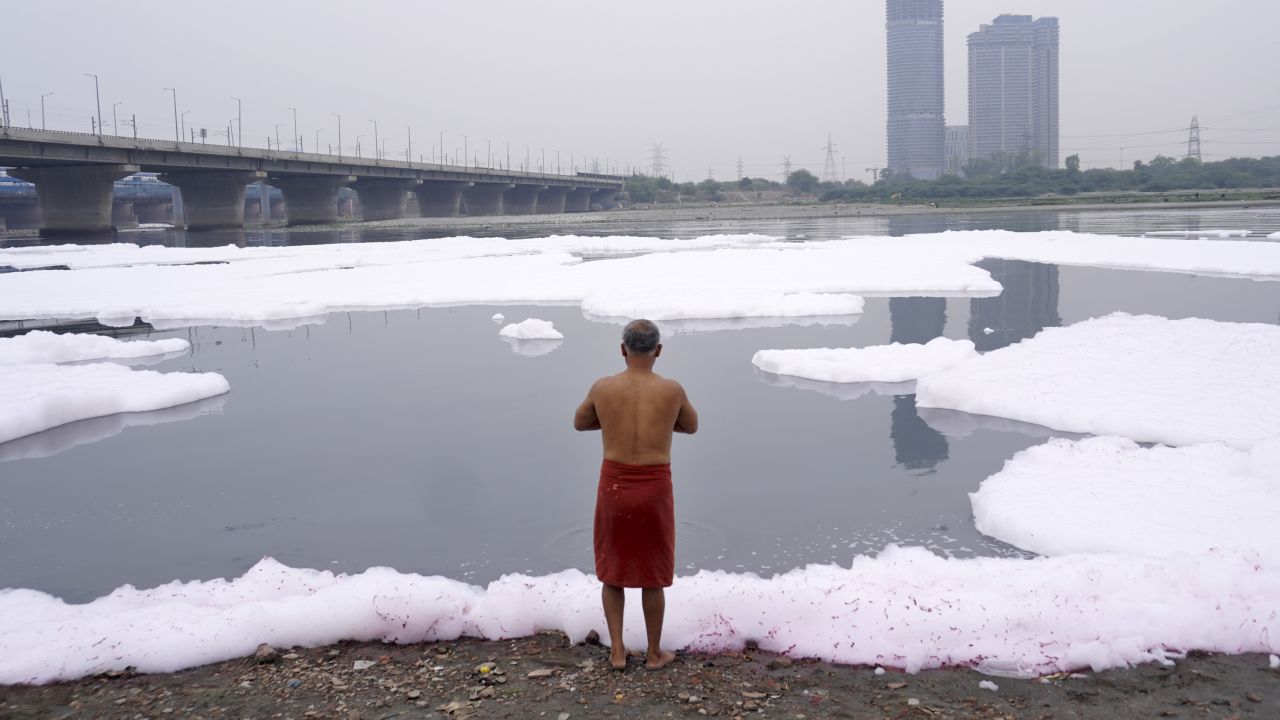
CNN
—
The world is facing a looming global water crisis that threatens to “spiral out of control” as increased demand for water and the intensifying impacts of the climate crisis put huge pressure on water resources, a UN report has warned.
Water use has increased by about 1% a year over the last 40 years, driven by population growth and changing consumption patters, according to the UN World Water Development Report published Tuesday, on the eve of a major UN water summit in New York.
By 2050, the number of people in cities facing water scarcity is projected to nearly double from 930 million people in 2016 to up to 2.4 billion, the report found. Urban water demand is expected to increase by 80% by 2050.
Without action to address the problem of water scarcity, “there definitely will be a global crisis,” said Richard Connor, the report’s lead author, at a news conference to launch the report.
Water access is already a huge problem. Two billion people do not currently have safe drinking water and 3.6 billion lack access to safely managed sanitation, according to the report.
About 10% of the global population already lives in countries with high or critical water stress.
Urban and industrial growth and agriculture are compounding existing shortages, with agriculture alone using up 70% of the world’s water supply, Connor said.
Seasonal water scarcity is set to increase in areas where water is currently plentiful including in Central Africa, East Asia and parts of South America, the report found. Meanwhile, scarcity will worsen in the Middle East and the Sahel region in Africa, where water is already in short supply.
Extreme and prolonged droughts, made more frequent and severe by the climate crisis, are also putting pressure on ecosystems, which could have “dire consequences” for plant and animal species, the report’s authors said.


Solutions include better international cooperation to avoid conflicts over water, Connor said.
Flood and pollution control, data sharing and efforts to reduce levels of planet-heating pollution should “open the door to further collaboration and increase access to water funds,” he said.
“There is an urgent need to establish strong international mechanisms to prevent the global water crisis from spiraling out of control,” said Audrey Azoulay, the director general of UNESCO, the UN’s cultural body.
“Water is our common future, and it is essential to act together to share it equitably and manage it sustainably.”
